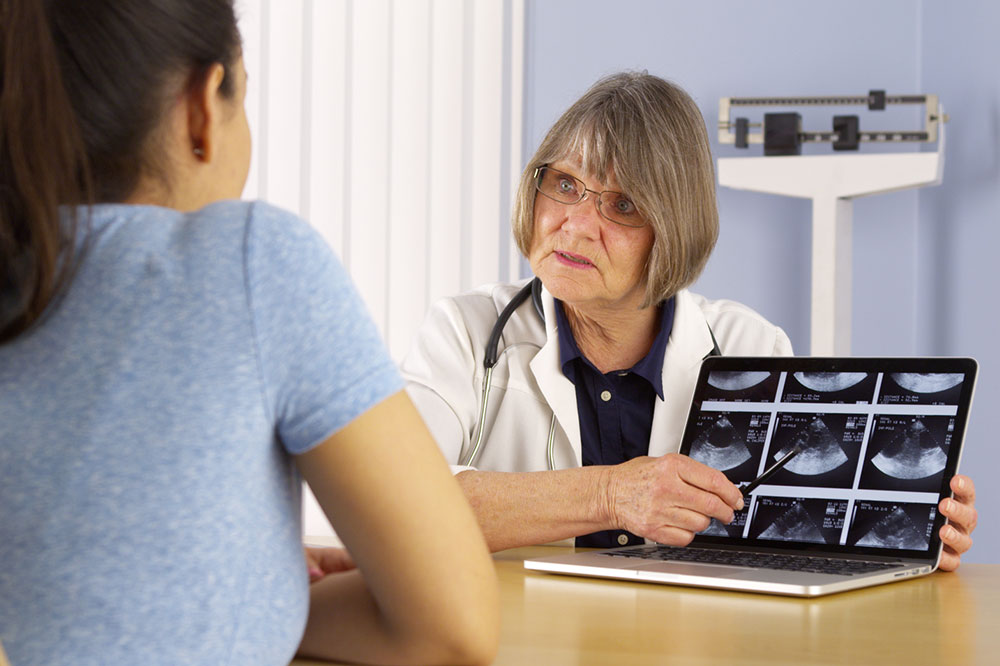
Key Risk Factors for Ovarian Cancer
Ovarian cancer is difficult to detect at an early stage, but being aware of certain risk factors may help with early diagnosis and even prevent the disease. It’s important to keep in mind that having one or many risk factors does not mean that one will certainly develop ovarian cancer. In fact, those without any risk factor can also suffer from the disease. Having said that, researchers have identified several factors that put one at a higher risk for ovarian cancer.
1. Genetic predisposition
Mutation in primarily two genes—breast cancer gene 1 (BRCA1) or breast cancer gene 2 (BRCA2)—have been linked to ovarian cancer. Data indicates that about 10 to 15 percent of all ovarian cancers arise due to mutations in either of these two genes. Also, both genes are associated with breast cancer, so women who have had breast cancer are naturally at a higher risk of developing ovarian cancer. Another genetic factor that slightly increases the risk of developing ovarian cancer is Lynch syndrome or hereditary nonpolyposis colorectal cancer (HNPCC). Women who have inherited this condition possess a smaller risk of developing the disease.
2. Family history
A family history of ovarian cancer is one of the biggest risk factors. Studies show that if a woman’s grandmother, mother, sister, daughter, or aunt has or has had ovarian cancer, then she is likely to get the disease too. Also, the risk multiplies if a woman has several close relatives with a history of ovarian cancer. It’s crucial to know that a family history of breast cancer, colon cancer, uterine cancer, and rectal cancer may also increase the risk for ovarian cancer.
3. Age
Although women of all ages can develop ovarian cancer, the risk is the highest in women between the age of 55 and 64 years. It is mostly diagnosed in women who are 63 years or older.
4. Obesity
Obesity is a common risk factor for not just ovarian cancer, but several other types of cancers too. Women with a body mass index (BMI) of 30 or higher may be at a higher risk of developing ovarian cancer.
5. Early menstruation, late menopause, and infertility
The age at which one starts and ends menstruating can increase or decrease their risk for ovarian cancer. Studies show that menstruating before the age of 12 or not reaching menopause until after the age of 50 can increase the risk of ovarian cancer. Not getting pregnant or having your first child after the age of 30 may increase the risk too.
6. Hormone replacement therapy
Hormone replacement therapy (HRT) is used to reduce symptoms associated with menopause, such as vaginal dryness, insomnia, hot flashes, and more. Studies indicate that a long-term exposure to this therapy can significantly increase the risk for ovarian cancer in some women.


